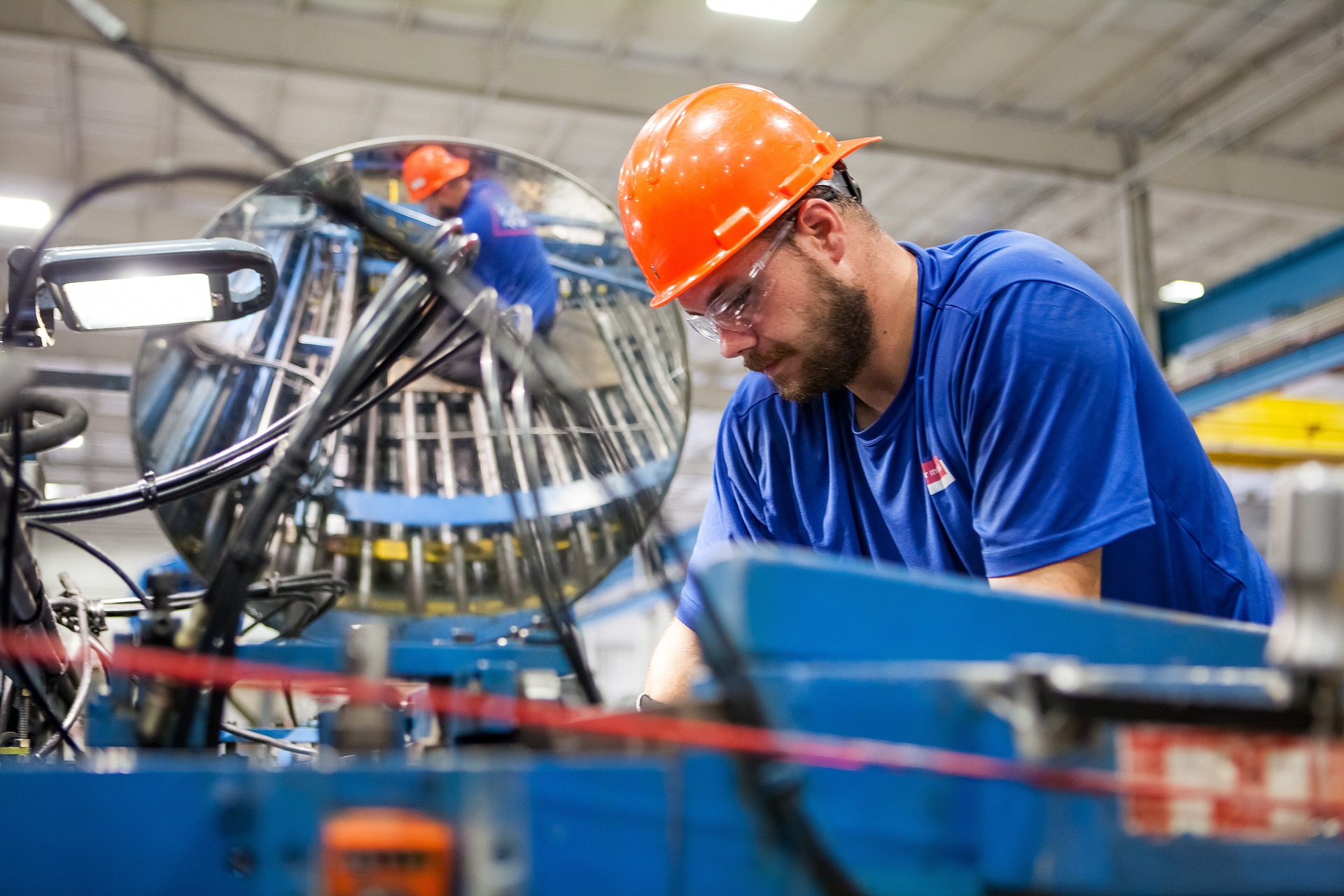Traumatic brain injury (TBI) at the workplace is caused by a sudden impact or jolt to the head that can cause damage to the brain. TBIs are a significant public health concern, and they can have serious and long-lasting impacts on an individual’s physical, cognitive, and emotional functioning. TBIs can occur in a variety of settings, including the workplace, where they can be particularly concerning due to the potential impact on an individual’s ability to work and earn a living. In this article, we will explore the causes and impacts of TBIs in the workplace, as well as strategies for preventing and managing these injuries.
Causes of Traumatic Brain Injury (TBI) at the Workplace
TBIs can occur in a variety of workplace settings, from construction sites and factories to offices and retail environments. Some common causes of TBIs in the workplace include:
- Falls: Falls are one of the leading causes of TBIs at the workplace, particularly in industries such as construction and maintenance. Falls can occur from heights, such as from scaffolding or ladders, or on the same level, such as slipping on a wet floor.
- Struck by or against objects: Objects falling or flying can strike an individual in the head, leading to a TBI. This can occur in industries such as manufacturing, shipping, and construction.
- Vehicle-related accidents: Individuals who operate or work near vehicles, such as forklifts, trucks, or buses, may be at increased risk of TBIs due to accidents involving these vehicles.
- Assaults: Workplace violence can also result in TBIs. Individuals who work in healthcare, social services, and law enforcement may be at increased risk of assault.
Impacts of TBIs on the Workplace
TBIs can have significant impacts on an individual’s ability to work and earn a living. Some of the potential impacts of TBIs in the workplace include:
- Physical limitations: Individuals with TBIs may experience physical limitations such as balance problems, difficulty with coordination, and mobility issues that can impact their ability to perform their job duties.
- Cognitive limitations: TBIs can also impact cognitive abilities such as memory, attention, and executive function, making it difficult for individuals to perform tasks that require these skills.
- Emotional and behavioral challenges: Individuals with TBIs may also experience emotional and behavioral challenges such as mood swings, anxiety, depression, and irritability, which can impact their ability to interact with coworkers and customers.
- Increased risk of accidents and injuries: Individuals with TBIs may be at increased risk of accidents and injuries in the workplace due to cognitive or physical limitations.
Preventing and Managing TBIs at the Workplace
Preventing and managing traumatic brain injury (TBI) at the workplace requires a multifaceted approach that involves education, training, and ongoing support. Some strategies for preventing and managing TBIs in the workplace include:
- Safety training: Employers should provide comprehensive safety training to all employees, including information on the hazards and risks associated with their specific job duties and how to minimize those risks.
- Personal protective equipment: Employers should provide appropriate personal protective equipment, such as hard hats, safety glasses, and gloves, to help protect workers from head injuries.
- Workplace design: Employers can design workplaces to minimize the risk of falls, slips, and other accidents that can lead to TBIs. This can include installing handrails and non-slip flooring, maintaining clear and well-lit walkways, and minimizing clutter.
- Monitoring and reporting: Employers should monitor the workplace for hazards and encourage employees to report any potential safety concerns or incidents promptly.
- Accommodations and support: Employers should provide accommodations and support to employees with TBIs, such as modified job duties, flexible work schedules, and assistive technology, to help them perform


